From April 1, 2025, India will abolish the 20% export tax on onions - a decision seen as a big boost for the global agricultural market.
In April 2025, the Indian government officially announced the abolition of the 20% export tax on onions, a decision that is likely to create far-reaching changes in the global agricultural market.
As one of the world's largest onion exporters, India not only influences the global supply chain but also directly impacts prices, trade balances, and import strategies of many countries.
India - the hub of the global onion value chain
The Indian market has long been known as the "king" of the onion industry in the world market. According to the Food and Agriculture Organization of the United Nations (FAO), this country is often among the top onion exporting countries globally, accounting for about 25-35% of the annual export market share. Traditional markets such as Bangladesh, Nepal, UAE, Malaysia, Saudi Arabia and Vietnam all depend heavily on onion supply from India thanks to its low price, stable supply and quality suitable for domestic consumption needs.
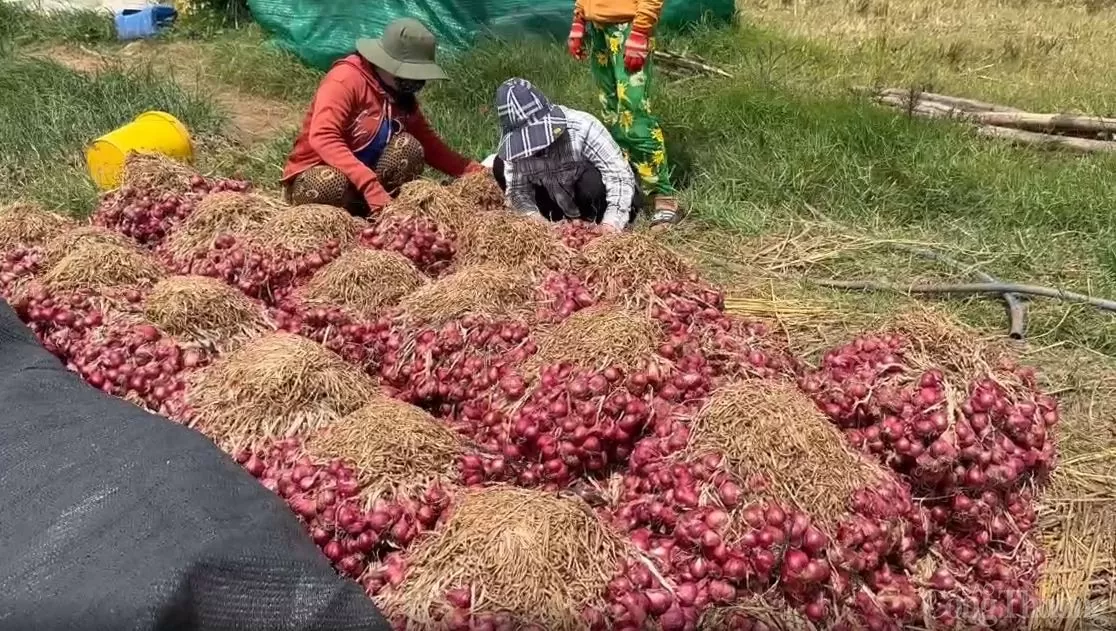 |
| India is among the top onion exporting countries globally, accounting for about 25–35% of the annual export market share. Illustrative photo |
However, when India imposed a 20% export tax in 2020 to stabilize domestic prices and protect domestic consumers, onion exports plummeted. Importing countries were forced to switch to alternative sources such as China, the Netherlands or Egypt, even at higher prices. This not only cost India some market share but also changed the global competitive landscape.
Tax Rebate Strategy: Opportunity to Recover and Expand Influence
The removal of export duty by 2025 is considered a recovery strategy of the Indian Government, aiming to regain market share and support the agricultural economy. In the context of high demand for onions in the world market, this move is expected to significantly reduce the export price of onions from India compared to the tax period, thereby increasing the competitiveness of the product.
Observers say this will have a clear spillover effect. Importers are likely to return to the Indian market, increasing exports in the short term. This puts pressure on rivals such as China, the Netherlands and Pakistan, forcing them to adjust prices or quality to maintain market share. Some international organizations have also warned of a possible slight fall in global onion prices due to the “supply effect” from India, leading to a narrowing of margins for rival exporters.
Domestic Economic Benefits: From Farmers to Value Chains
Domestically, the decision to abolish the duty is expected to bring a host of economic benefits. According to the Ministry of Agriculture, major onion-growing states such as Maharashtra, Gujarat and Karnataka will directly benefit from increased exports. Farmers’ incomes could improve due to higher prices and increased demand from international importers.
In addition, the large inventory of onions in recent years, which has put pressure on the domestic market, will also be consumed more quickly, thereby helping to stabilize domestic prices and reduce post-harvest waste. The restart of export activities will also create momentum for the entire value chain: from logistics, transportation, packaging to processing, thereby creating hundreds of thousands of indirect jobs and promoting rural economic development.
Challenges not to be missed
Despite the potential benefits, increased onion exports also face significant risks. One of the biggest concerns is the risk of an imbalance in domestic supply and demand. If onion exports increase too rapidly, the domestic market could become scarce, pushing up domestic onion prices. This is what happened in 2019, when onion prices skyrocketed and the government imposed a temporary export ban.
In addition, with India’s overall inflation still not fully under control, rising prices of staples such as onions could add to the pressure on the cost of living, especially for the urban low-income group. Over-reliance on export markets also leaves the agricultural economy vulnerable to international fluctuations. If major markets such as the Middle East and Southeast Asia suddenly cut back on imports, the Indian onion industry could face large inventories and prices could fall again.
Long-term balanced strategy: Lessons from the past
In this context, experts say India needs to develop a strategy that balances exports with domestic demand to ensure food security and sustainable growth. In addition to technical support and improved onion varieties, the government needs to invest in market forecasting, warehousing and cold chain systems to help farmers and businesses respond effectively to fluctuations in supply and demand.
Experience from past upheavals shows that growth in the agricultural sector can only be sustainable if it is guided by flexible governance and a long-term vision. In this regard, onions are not only an export commodity but also a measure of the government’s ability to coordinate and ensure a balance between the interests of farmers, consumers and exporters in the global market.
India's removal of onion export tax by 2025 is not only a trade policy adjustment, but also reflects a strategic shift in agricultural development thinking - from protectionism to proactive integration. This decision opens up opportunities to restore its position in the global market, bringing tangible economic benefits to farmers and businesses, but also poses an urgent need for flexible supply-demand management and a long-term vision. In a volatile world, India’s success will depend on its ability to balance domestic interests with international market pressures. |
Source: https://congthuong.vn/an-do-bo-thue-hanh-tay-the-gioi-se-doi-vi-379673.html




![[Photo] Hanoi flies flags at half-mast in memory of comrade Khamtay Siphandone](https://vstatic.vietnam.vn/vietnam/resource/IMAGE/2025/4/5/b73c55d9c0ac4892b251453906ec48eb)
![[Photo] Prime Minister Pham Minh Chinh meets with President of the Republic of Burundi Evariste Ndayishimiye](https://vstatic.vietnam.vn/vietnam/resource/IMAGE/2025/4/4/979010f4c7634f6a82b8e01821170586)

![[Photo] Dong Nai people warmly welcome the forces participating in the parade](https://vstatic.vietnam.vn/vietnam/resource/IMAGE/2025/4/5/ebec3a1598954e308282dcee7d38bda2)


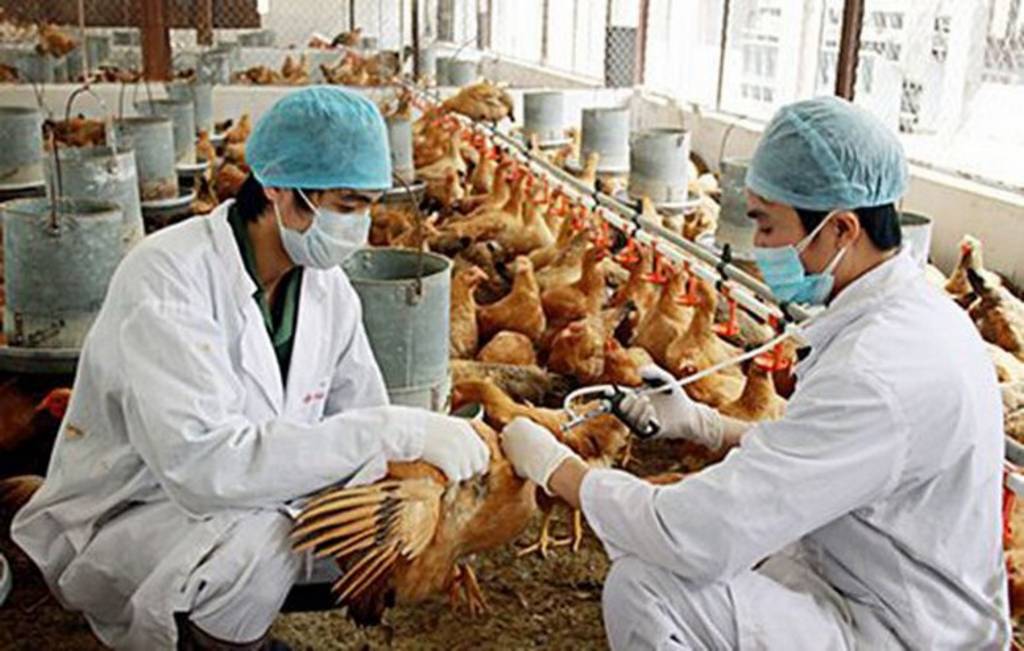




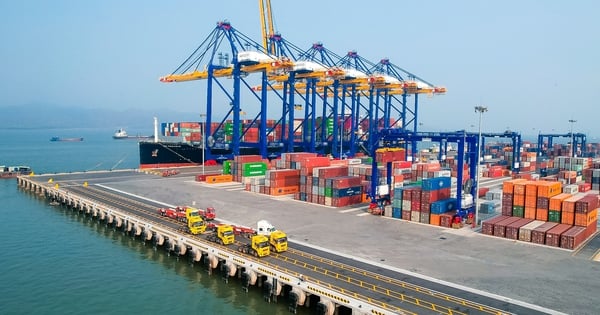




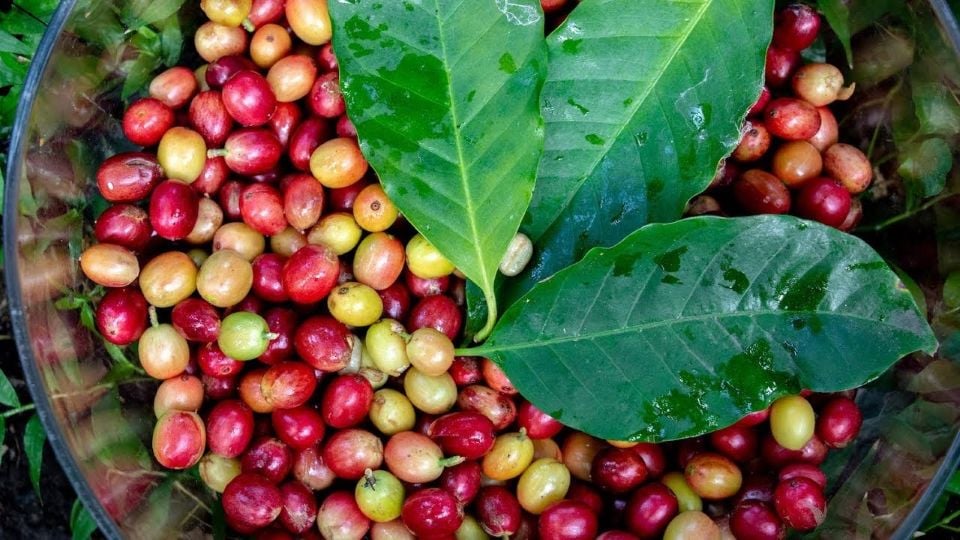


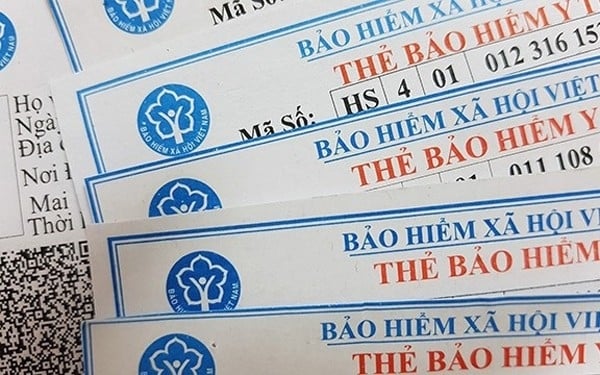
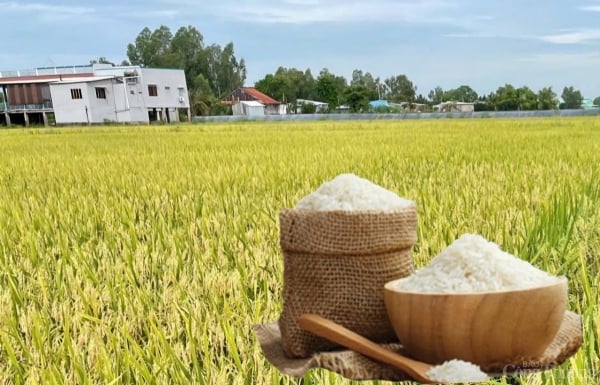
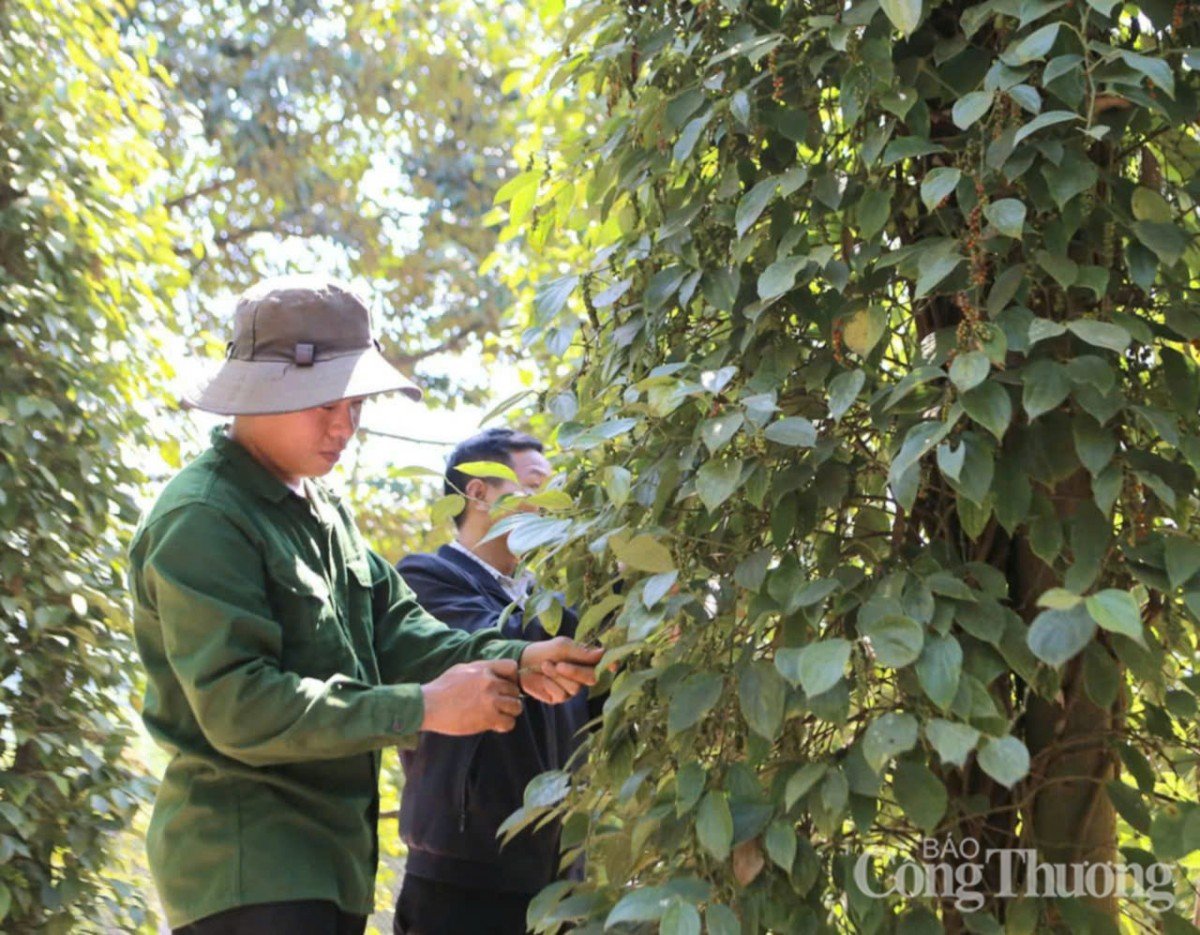
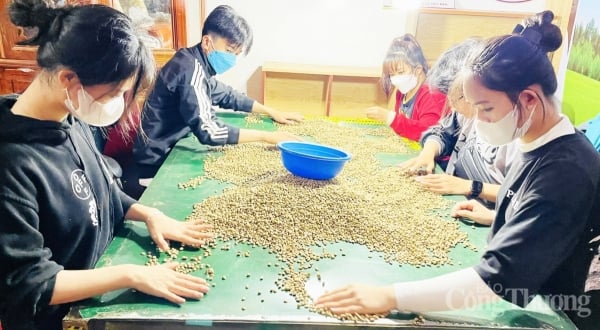


![[Photo] Parade rehearsal on the training ground in preparation for the April 30 celebration in Ho Chi Minh City](https://vstatic.vietnam.vn/vietnam/resource/IMAGE/2025/4/4/e5645ddf85f647e6a25164d11de71592)
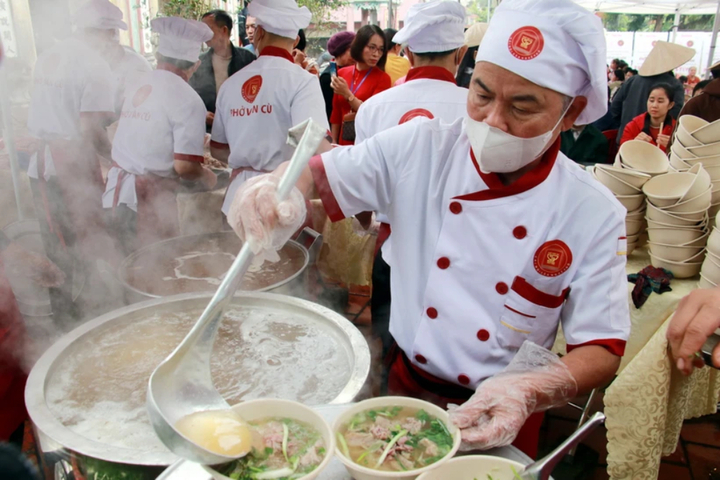







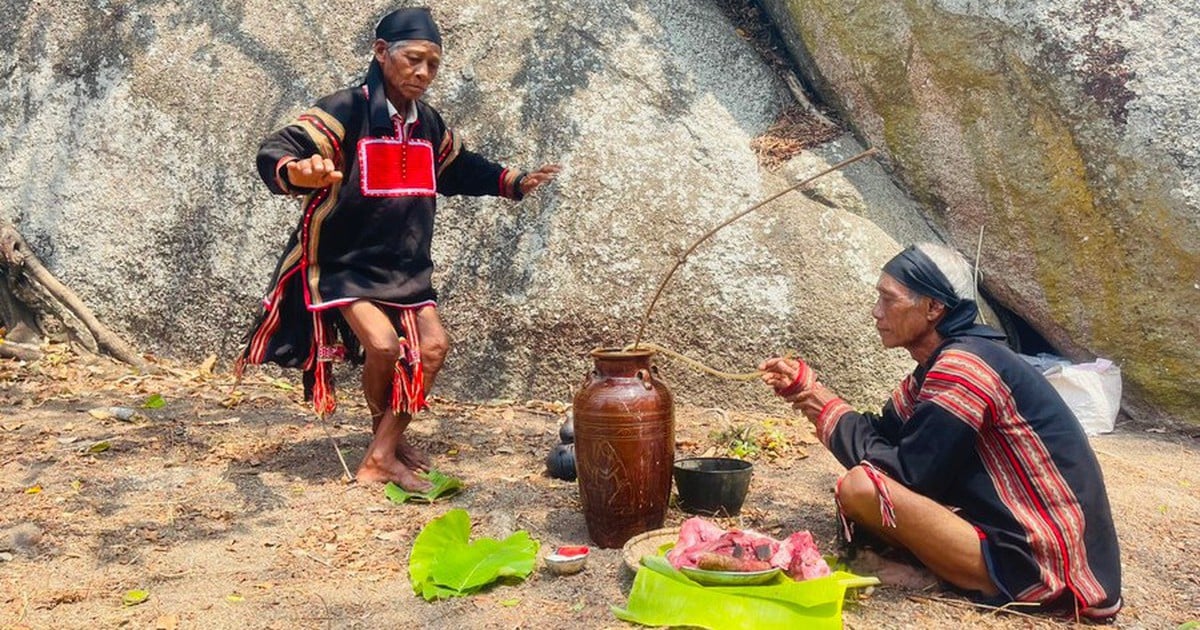














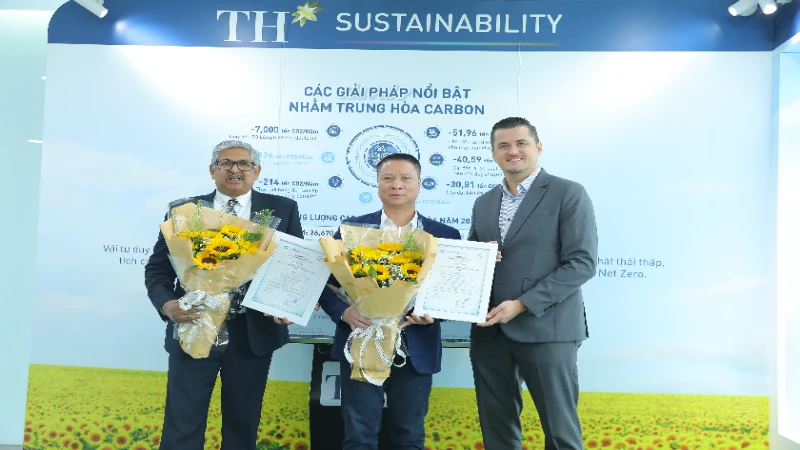
















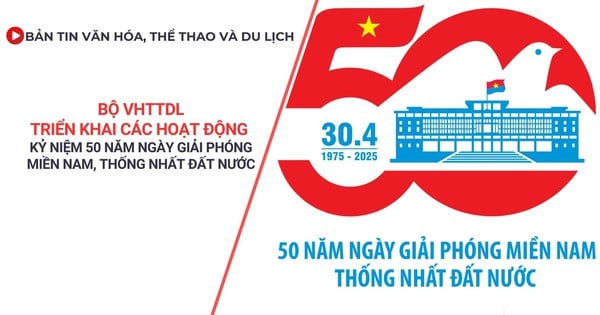













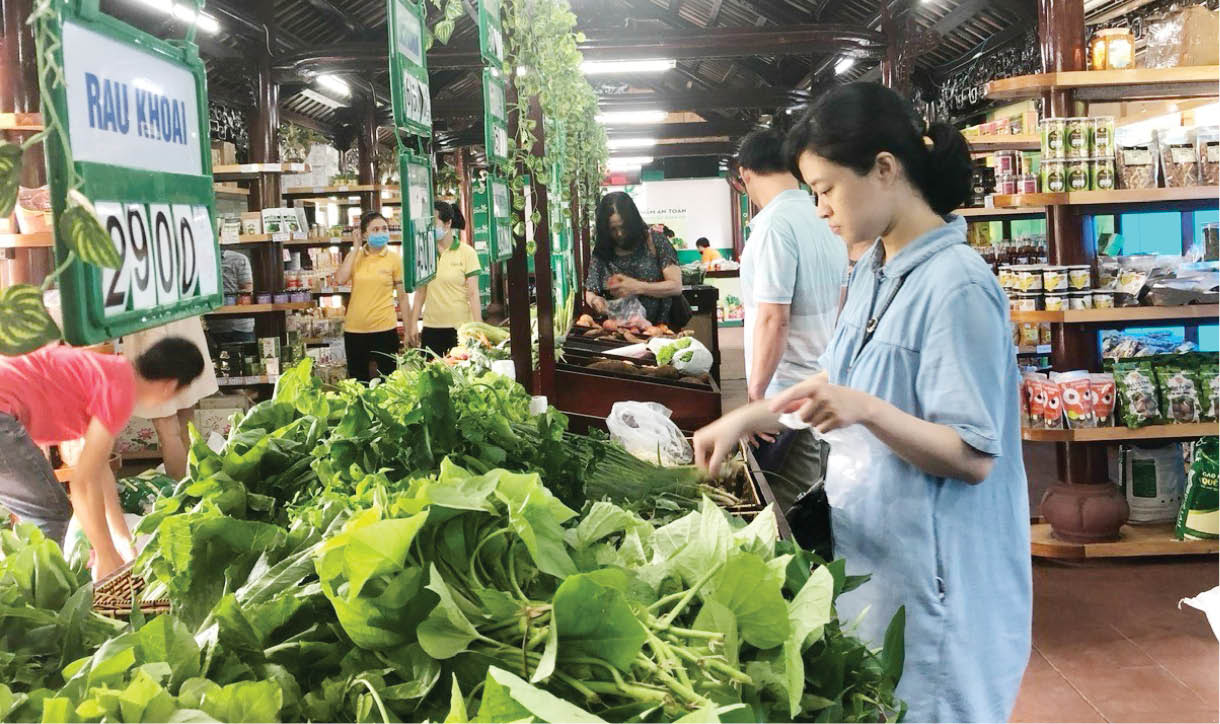




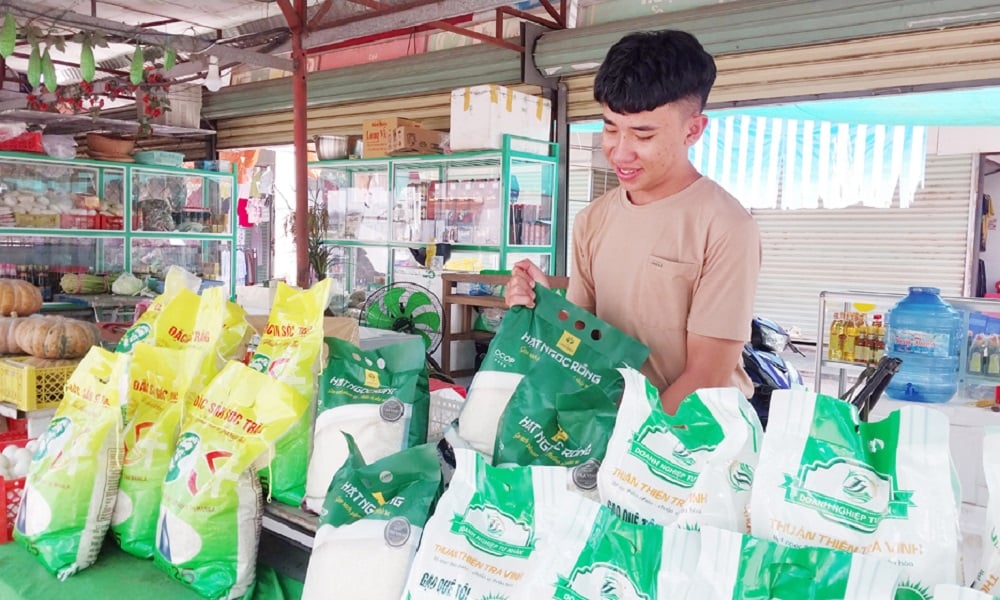
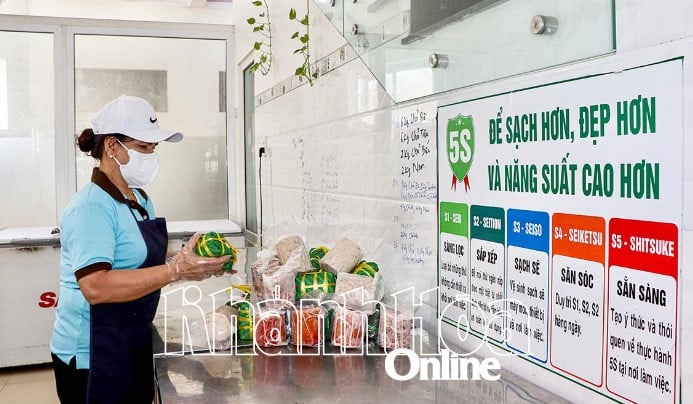

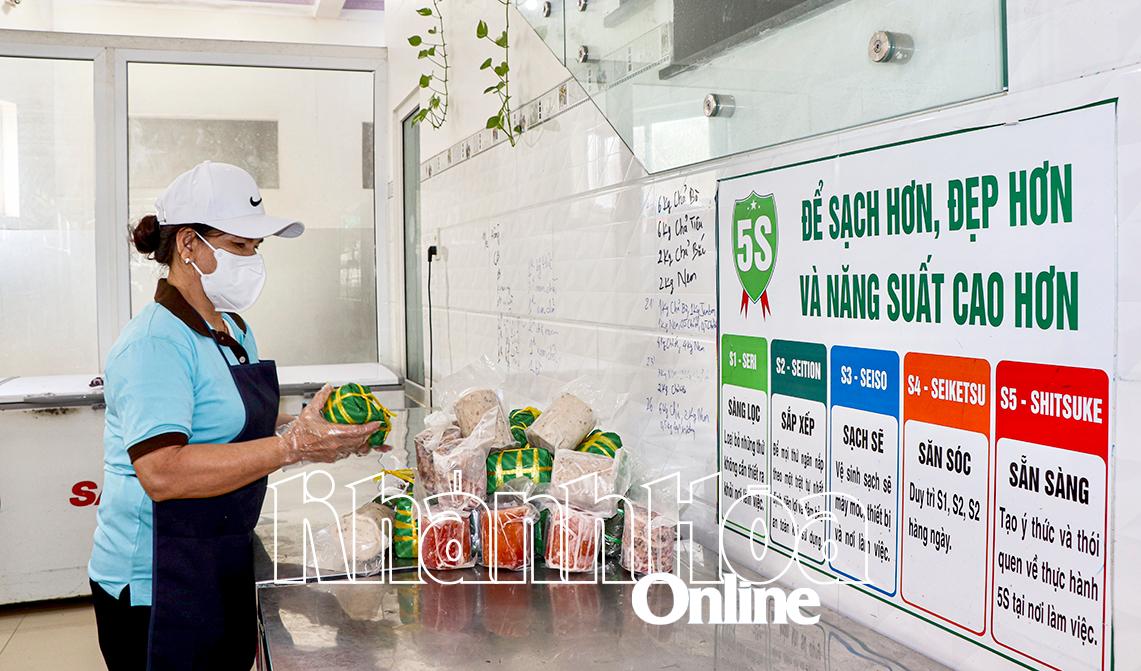
Comment (0)